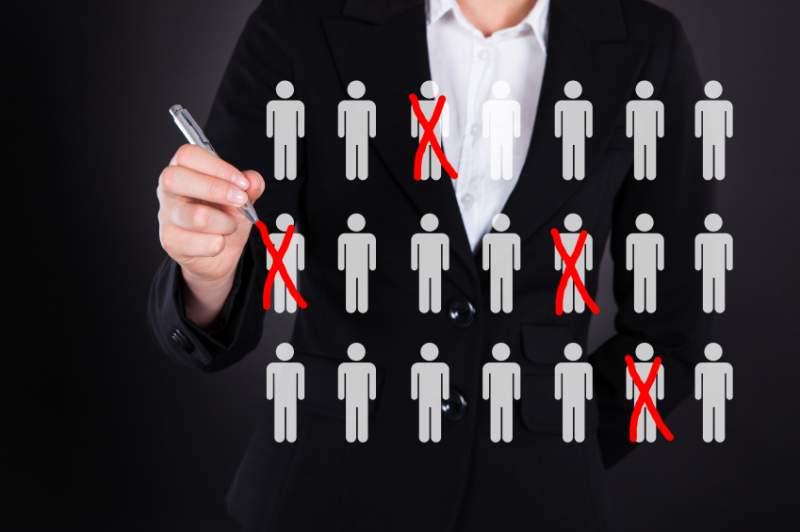SPAIN’S government has proposed a controversial change to the autonomo system which would see self-employed workers in Spain pay an average of €8 more per month in social security contributions.
The draft General State Budgets for 2022 has outlined a plan to increase both the monthly quotas and the contribution base for self-employed workers starting next year.
Currently, most freelance workers in Spain pay around €283 a month in social security fees regardless of how much they earn.
That means those that are self-employed are still charged even if they don’t take a penny home that month.
The fee, which is paid on top of other taxes, gives access to Spain’s public health system among other welfare benefits including contributions towards a state pension.
Critics of the autonomo system have long demanded an overhaul – with self-employed workers in Spain currently pay the highest monthly social security fees in the EU which are far higher than the UK’s €14/month (minimum fee), the Netherland’s €50 a year and Germany’s €140 for those earning more than €1,700 a month.
However, the new proposal could see some freelancers paying a minimum or €294 euros per month, up €8 from the current €286.15.
Self-employment unions in Spain have already decreed the new payment proposals to be ‘inconceivable’.
Association of Autonomous Workers (ATA )Lorenzo Amor said this was ‘not the best time to implement a measure of this nature’.
“Many self-employed workers are still on the edge and we have been enduring a ‘complicated’ situation for the last year,” he said.
Under the current system freelancers get to choose the contribution base that they want to pay a rate on and unsurprisingly 85% of Spain’s freelance workforce opt for the minimum contribution base.
The Government intends to increase its collection from freelance workers by €173 million next year by increasing the minimum contribution for self-employed workers which critics say will hit low-wage earners the hardest.
This increase in the contribution bases will translate into an additional €60 per year for the self-employed and €76 for corporate members.
Meanwhile the maximum contribution base quota will go from €1,233.24 to €1,266.66, an increase of around €33.42 more per month.
Meanwhile the minimum base fee for a self-employed company will be €377.87, about €10 more a month .
The contribution rates will also rise from 30.3% to 30.6% , which will mean an increase in the annual fee of between €36 and €149 for self-employed individuals and between €44 and €149 euros for corporate members, based on ATA calculations.
If the increases in the bases and rates are added, the self-employed will pay between €96 and €225 more per year depending on whether it is for self-employed individuals or companies , explains Amor.
The Union of Professional and Self-Employed Workers (UPTA) has criticised the measure, calling it ’inconceivable’.
President of UPTA, Eduardo Abad said: ”It is inconceivable, we do not talk enough about the laziness with which we are being treated in the fiscal sphere.
“We do not understand the repeated refusal of the Ministries of Economy and Finance to put a stop to one of the greatest fiscal injustices suffered by the collective of self-employed workers.
They have also slammed the draft budget for failing to include deductions for maintenance and warned that the situation will ‘hurt’ Spain’s 1.2 million self employed workers.
READ ALSO:
Becoming Self-Employed in Spain (Autónomos)










